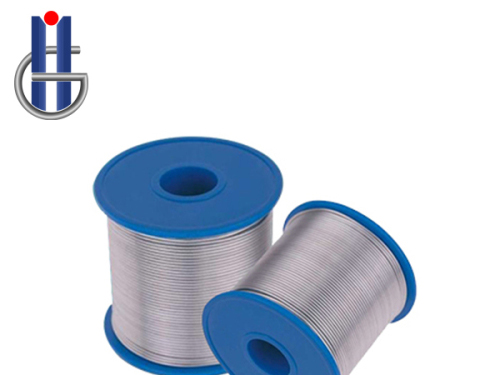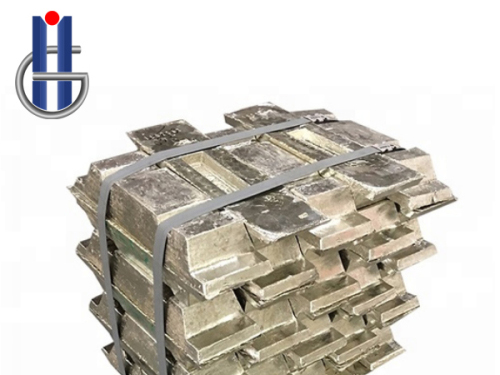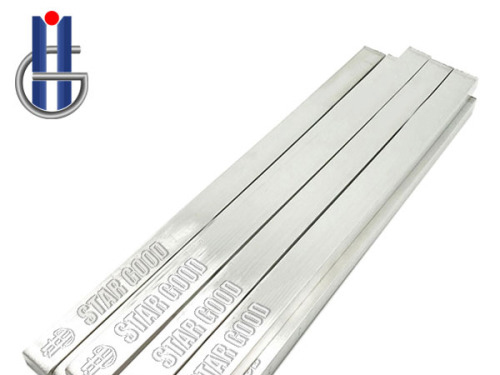Solid tin wire is a type of solid metal conductor coated with tin, commonly used in electrical and electronic applications. Here are some primary uses of solid tinned wire:
Soldering:
solid tin wire is frequently employed for soldering electronic components. The high melting point and good conductivity of tin make it an ideal soldering material, ensuring reliable connections of circuit components.
Electrical connections: solid tin wire is used in electrical engineering to connect circuits, such as in building wiring and electrical equipment. Due to tin's corrosion resistance and electrical conductivity, solid tinned wire helps ensure good electrical connections.
Cable manufacturing: solid tin wire is also used in the production of cables, particularly in applications where excellent corrosion resistance and conductivity are required. These cables can be used for communication, power transmission, and various other applications.
Conductor for sheathing: solid tin wire may be used as a conductor for cable sheathing, providing additional strength and protection to the cable.
Corrosion-resistant applications: Tin possesses strong corrosion resistance, so solid tinned wire is often used in environments where resistance to corrosion is essential, ensuring the long-term stability of electrical connections.
RF cables: In some applications requiring high-frequency transmission, solid tin wire can be used in radio frequency (RF) cables to provide stable signal transmission performance.
It is important to note that solid tin wire may be more expensive compared to bare copper conductors, so when choosing to use it, budget constraints and specific application requirements should be taken into consideration.


 High Purity Tin Ingot: Crucial Applications and Benefits
High Purity Tin Ingot: Crucial Applications and Benefits
 Pure Tin Ingot: Essential Material for Diverse Industrial Applications
Pure Tin Ingot: Essential Material for Diverse Industrial Applications
 Unlocking the Potential of Pure Tin Bars: Essential Components for Diverse Industries
Unlocking the Potential of Pure Tin Bars: Essential Components for Diverse Industries
 Lead Bar for Sale: Uses, Specifications, and Buying Considerations
Lead Bar for Sale: Uses, Specifications, and Buying Considerations
